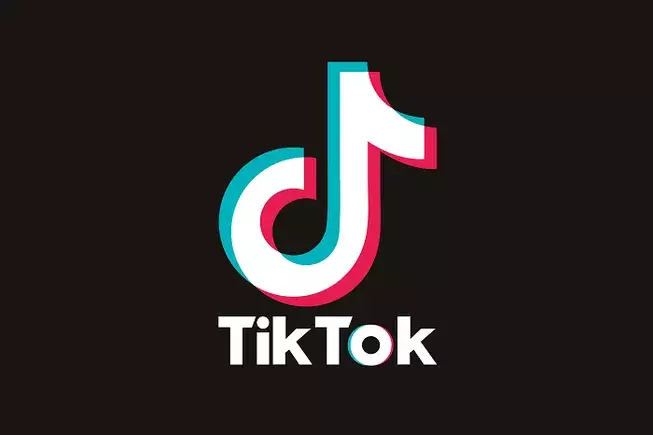In an increasingly polarized political landscape, the fate of TikTok hang precariously as the clock counts down to a potential ban in the United States. With just 22 days left before the app is effectively ousted, President-elect Donald Trump appears determined to leverage his significant influence and previous commitments made during his presidency to negotiate a resolution that would allow TikTok to continue operating in the country. This latest attempt culminates in the Trump transition team’s filing of an amicus brief with the Supreme Court—indicative of Trump’s strategy to position himself as the champion of free speech for the app’s substantial user base.
The Amicus Brief: A Call for Preservation
The essence of the brief underscores Trump’s belief in his electoral mandate to protect the free-speech rights of American citizens, referencing the 170 million users of TikTok in the U.S. It presents his administration as uniquely qualified to mediate the interests at stake, suggesting that elected officials, especially the President and Vice President, carry the unique responsibility of representing every voter across the nation. In crafting this narrative, Trump’s team highlights his stature as a powerful social media influencer, citing his 14.7 million TikTok followers, which ostensibly positions him to assess the app’s value beyond mere entertainment.
While the brief is laden with rhetoric about free expression and democracy, it raises crucial questions about the implications of having a sitting President involved directly in the operational status of a social media platform, particularly one with ties to foreign interests. The allure of social media for Trump is undeniable; his relationship with the platform has shifted from contention in 2020, marked by his push for a forced sale, to a more favorable view that aligns with his personal brand. However, this evolution could be interpreted as a reflexive response to his interests rather than a sincere commitment to safeguarding user rights.
Looking back to 2020, Trump’s original rationale for pursuing a TikTok sell-off was framed within a broader geopolitical narrative, one that blamed China for the COVID-19 pandemic. That initial push resulted in discussions to transfer the app’s operations to an Oracle/Walmart consortium, a move that raised numerous ethical considerations and accusations of cronyism. Underlying these negotiations was a tension between national security concerns and economic pragmatism. The eventual halt on the sale amid a change in administration offered a stark contrast to promises made during Trump’s tenure, illustrating how political dynamics can swiftly shift the landscape for digital platforms.
In the current climate, Trump is scrambling to rekindle discussions around a previously proposed deal to acquire TikTok. He hopes to reflect a level of expertise in negotiating digital deals that would undoubtedly benefit his allies and appease user demands simultaneously. However, speculation abounds concerning what form this new deal might take and whether it will come with additional strings attached concerning data privacy or national security.
As the Supreme Court prepares to hear TikTok’s final appeal against the government’s sell-off decree, the outcome remains uncertain. If the Court grants Trump’s request, this could afford the app a temporary reprieve while a new agreement is forged. Yet, the current sense of urgency is palpable—any delay could derail Trump’s plans and inhibit his ability to act as a protective arbiter for TikTok’s extensive U.S. user base.
Trump’s desire to intervene now not only reveals his persistent influence in digital spaces but also highlights a broader cultural struggle regarding the role of social media in American life. The stakes are high, and many would argue that allowing the former president a platform to negotiate an app’s future risks establishing a precedent that intertwines political capital with corporate influence.
As the countdown to TikTok’s potential removal draws closer, the intersection of politics, technology, and social discourse has never been more evident. Trump’s strategy reflects not only his personal interest in the platform but illustrates a consequential chapter in the debate over digital governance. For the 170 million TikTok users in America, the coming weeks could determine not only their access to this popular social media app but also signal a larger conversation about rights, freedoms, and the influence of politics in everyday digital engagement. Whether Trump can navigate this complex landscape remains uncertain, but the discussion it provokes is undoubtedly essential for the future of internet freedom in America.

